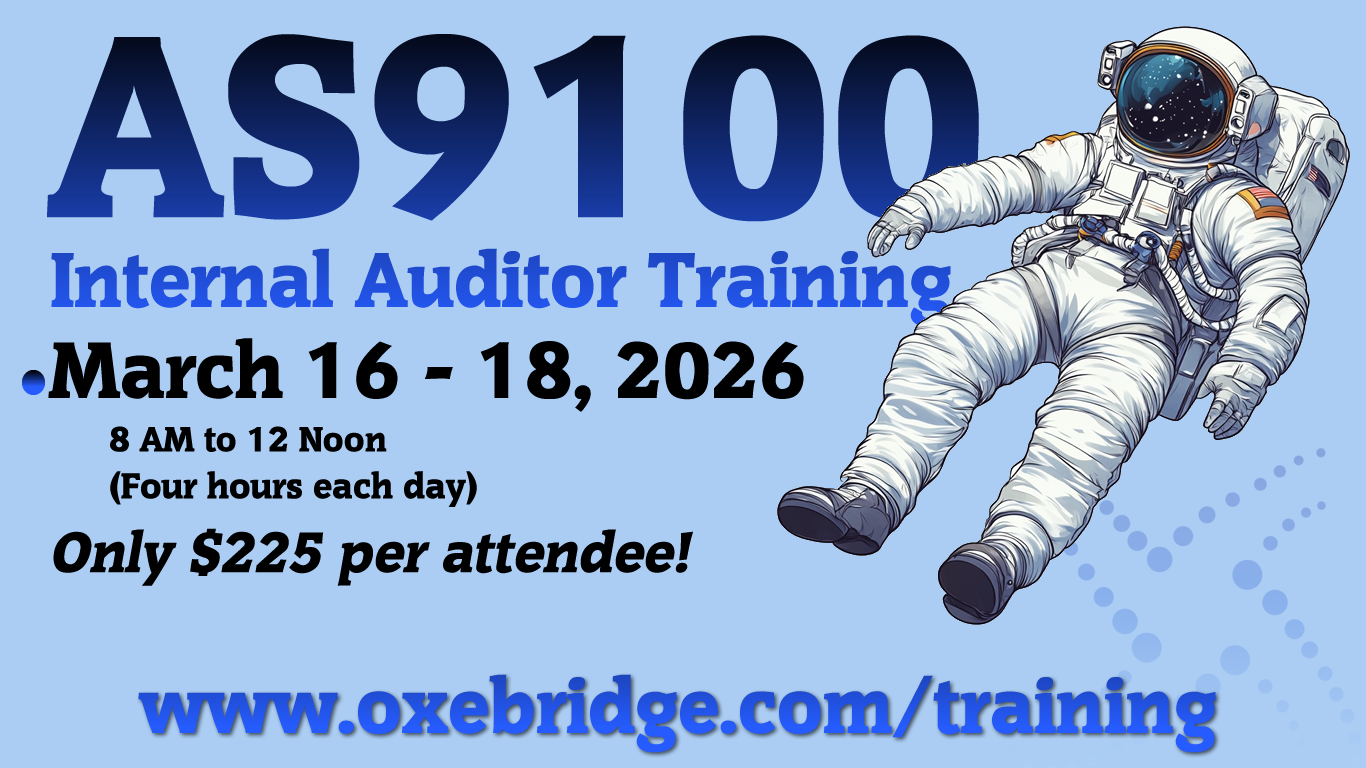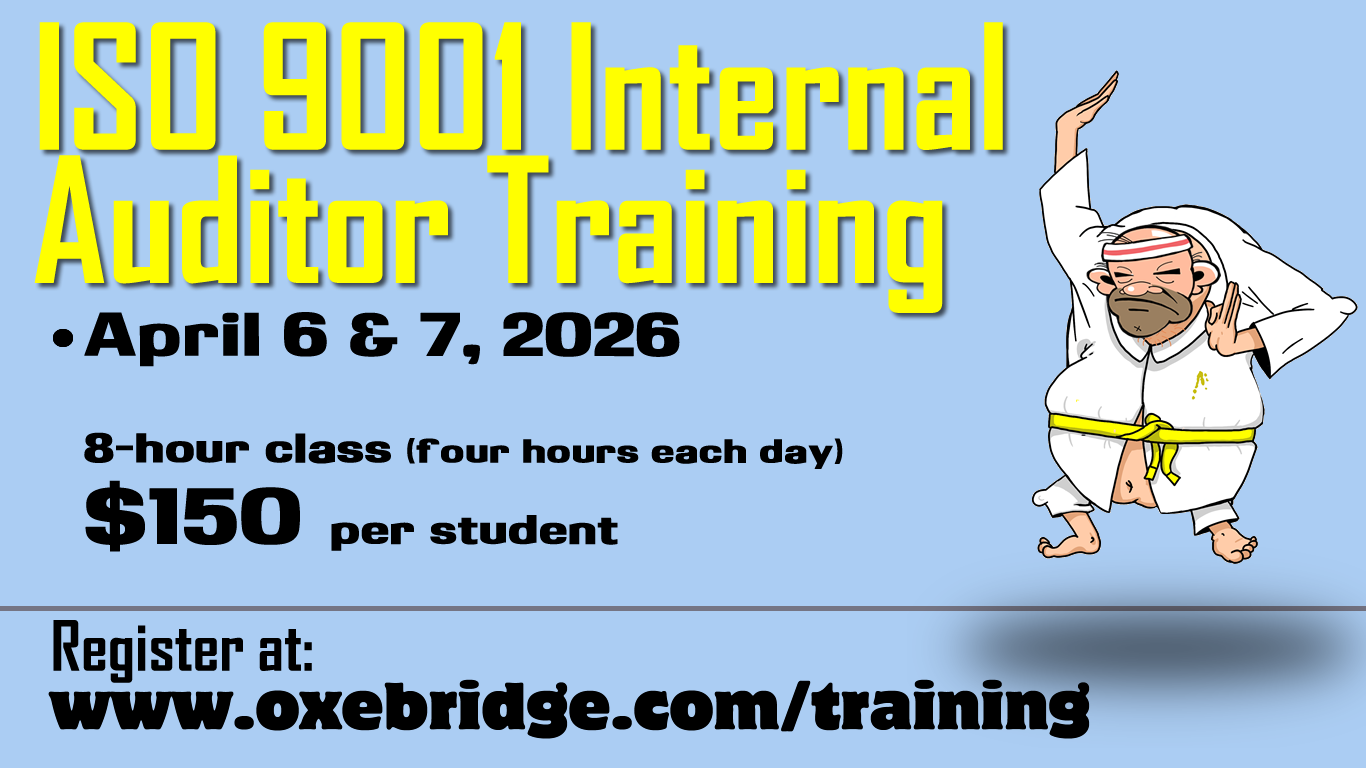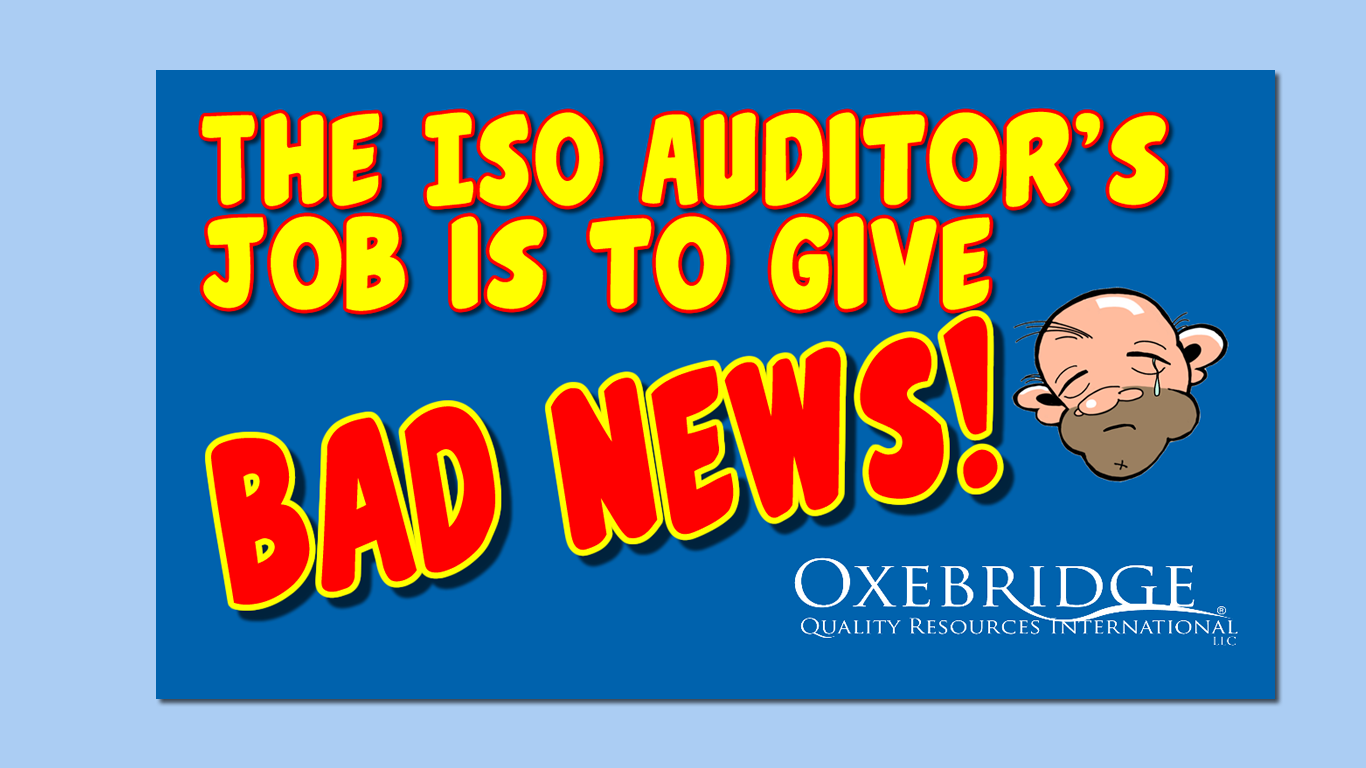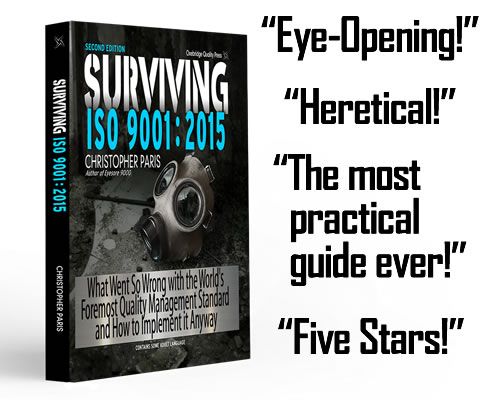ISO 9001 accreditation rules require that each certification body (CB) maintain a publicly-accessible registry of its certified clients. But with the large number of international CBs, and without any standardization for how the information is presented, users have had difficulty tracking down certification proof of a supplier, unless they knew the specific CB the company used ahead of time. With the flood of unaccredited “certificate mill” certificates polluting the data, researching whether a company has a legitimate, accredited ISO 9001 certificate is nearly impossible.
In the past, ISO has distanced itself from managing such a database, on the grounds that it has no official role in third party certification itself, and only develops and publishes standards. But that may now change.
Richard Murdock, an ISO 9001 and AS9100 consultant with North Fork Services, has pushed both ISO and the International Accreditation Forum (IAF) to develop a universal registry, and this time has received positive feedback. Mr. Murdock used the OASIS database, managed by the IAQG for AS9100 certified organizations, as a model.
Both ISO and the IAF have shown an interest, and there is allegedly some formal discussion between the two as to which of them would roll out such a universal database, and who would manage it. Whereas AS9100’s OASIS database places a mandatory $500 additional fee on AS9100 certified users, Oxebridge estimates that ISO could impose a “Database Tax” of only a single US dollar ($1) on all users, and have sufficient funds to implement and maintain such a database.
Christopher Paris is the founder and VP Operations of Oxebridge. He has over 35 years’ experience implementing ISO 9001 and AS9100 systems, and helps establish certification and accreditation bodies with the ISO 17000 series. He is a vocal advocate for the development and use of standards from the point of view of actual users. He is the writer and artist of THE AUDITOR comic strip, and is currently writing the DR. CUBA pulp novel series. Visit www.drcuba.world







